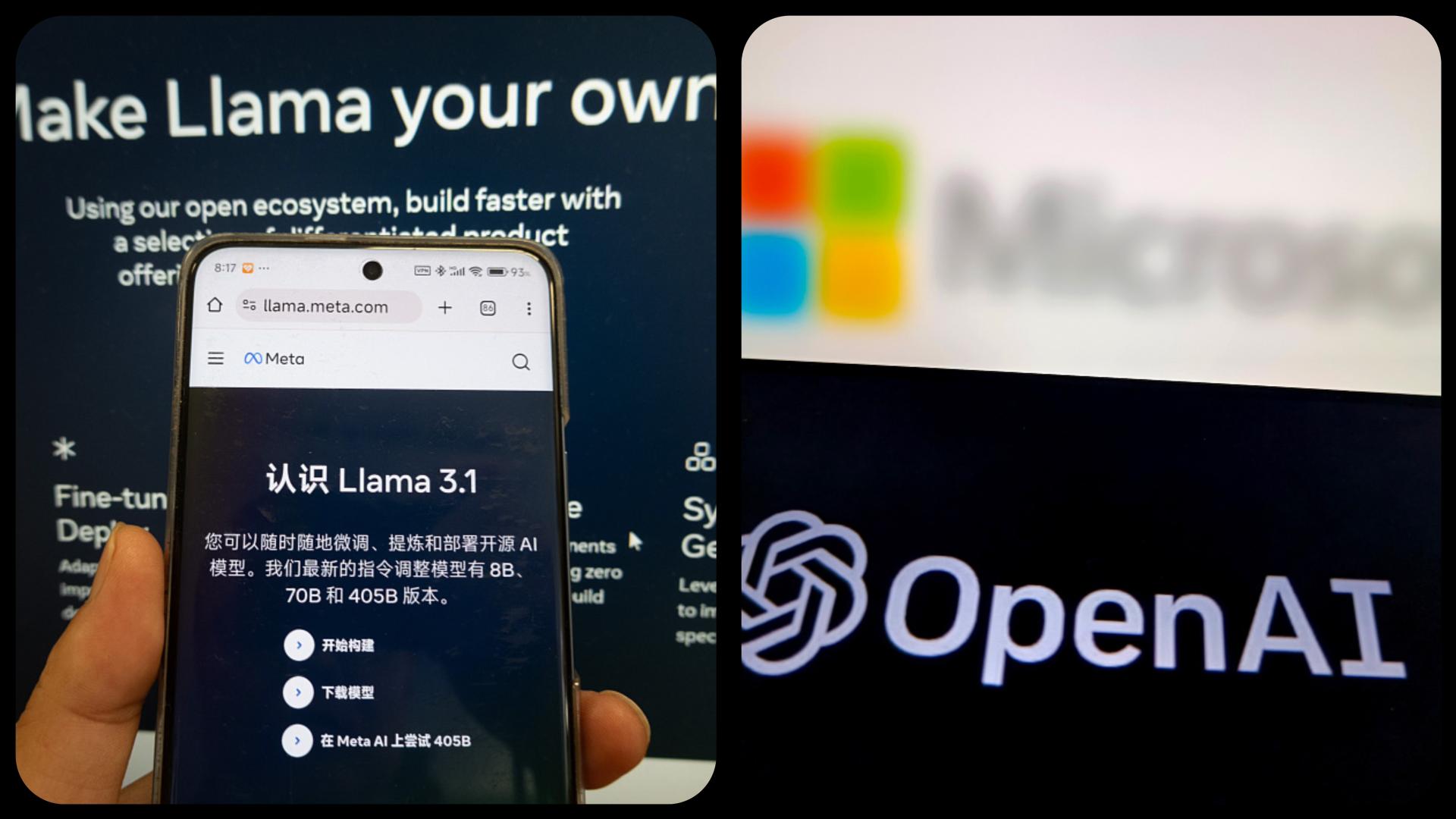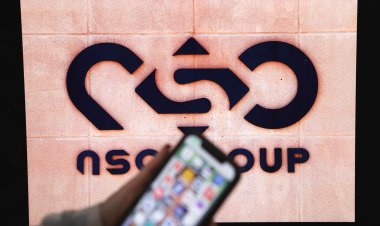OpenAI, Meta Showcase Strengths as Competition in AI Intensifies
"OpenAI and Meta showcase their advancements as the competition in the AI sector intensifies."

OpenAI, known for developing ChatGPT, reported to U.S. media outlets on Thursday that the number of active monthly users of their prominent chatbot had surged to 200 million, more than doubling since November.
Meta, the parent company of Facebook, revealed on Friday that AI feature usage across its various platforms had reached 400 million monthly users, with 185 million using it weekly. The application of AI by Meta's vast user base of over three billion is "growing quickly, and we haven't even rolled out in UK, Brazil, or EU yet," stated CEO and founder Mark Zuckerberg in a Threads post.
Additionally, Meta noted that the employment of its internally-developed Llama model on major cloud service providers had doubled from May to July following its most recent update.
The surge in public adoption of ChatGPT-style AI chatbots is under heightened scrutiny due to the substantial cost involved in developing this technology.
These usage figures could address concerns from a growing faction of critics who have been vocal about their desire to see faster and more substantial revenue from AI chatbots and similar technologies.
Typically, companies utilizing AI models obtain them through leading cloud services such as Amazon, Microsoft, IBM, and Google, rather than hosting them on private servers.
Meta's Llama model, offered for free, directly challenges paid models such as those powering ChatGPT or Google's Gemini, which are provided to businesses via cloud services.
Microsoft mentioned during its recent earnings call that its OpenAI-powered Copilot chatbot had witnessed a 60 percent increase in usage by corporate clients over three months.
The company also shared that total usage of Copilot for creating images and conducting chats had produced over 12 billion images and 13 billion chats, showing a 150 percent increase since the start of the year.
Google, although a pioneer in many of generative AI's developments, has faced criticism for falling behind its competitors in AI deployment and making errors in its attempts.
Last month, Google announced the integration of its Gemini chatbot across all its products, such as Gmail or Google Maps, and on Thursday confirmed it was once again offering its AI image generator for Gemini's premium and business users.
Earlier in the year, Google had halted image generation involving human likenesses after discovering issues with Gemini creating diverse but historically inaccurate depictions, including Asian Nazis during World War II or a Black George Washington.
James del Carmen for TROIB News
Discover more Science and Technology news updates in TROIB Sci-Tech












